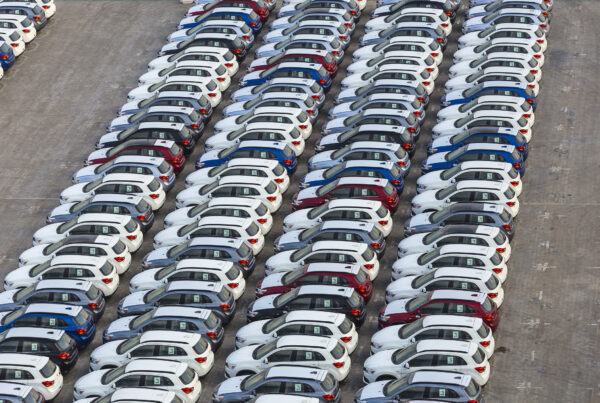The New Zealand Government has opened the floor to public consultation on its second Emissions Reduction Plan (ERP2), which will guide the country’s efforts to cut emissions from 2026 to 2030. Transport is a major focus among the five key sectors addressed in the plan.
“This is a pivotal moment in our journey towards a sustainable future. We need everyone’s input to ensure our plan is comprehensive and meets our ambitious climate goals,” Climate Change Minister Simon Watts said.
According to the Ministry for the Environment, the draft ERP2 features key proposals for the transport sector. This includes the establishment of 10,000 electric vehicle (EV) charging stations by 2030 to boost the infrastructure needed to support EV adoption nationwide significantly.
It also promotes the use of zero-emission heavy vehicles and includes a review of existing regulatory barriers that hinder their uptake.
The Ministry also added that the plan includes decarbonizing aviation in New Zealand. They highlighted the government’s commitment to transitioning the sector to sustainable practices through initiatives like Sustainable Aviation Aotearoa. This involves working with international partners on sustainable aviation fuels and developing low- and zero-carbon shipping for key trade routes by 2035..
Furthermore, the draft plan seeks to incentivise private investment in EV charging infrastructure, subject to a cost-benefit analysis. It also aims to expand public transport options to reduce dependency on fossil fuels.
“This draft Emissions Reduction Plan shows that effective climate policies can drive economic growth while meeting our climate commitments. New Zealand has numerous opportunities to transition to a low-emission economy, and our plan leverages these to their fullest potential,” Mr Watts noted.
Participate in the Consultation Process
The second Emissions Reduction Plan will be released at the end of 2024 and is designed to ensure that New Zealand stays on track to hit the 2050 net zero emissions goal.
The final version of the plan for 2026-2030 will be completed by the end of this year, incorporating feedback from the public and advice from the Climate Change Commission.
Feedback can be submitted online through the Ministry for the Environment’s website. There will also be public meetings across the country where you can discuss the proposals. The consultation period ends on August 21.
Did you find this article interesting? Click the ‘heart’ button above to give it a ‘like’!


















